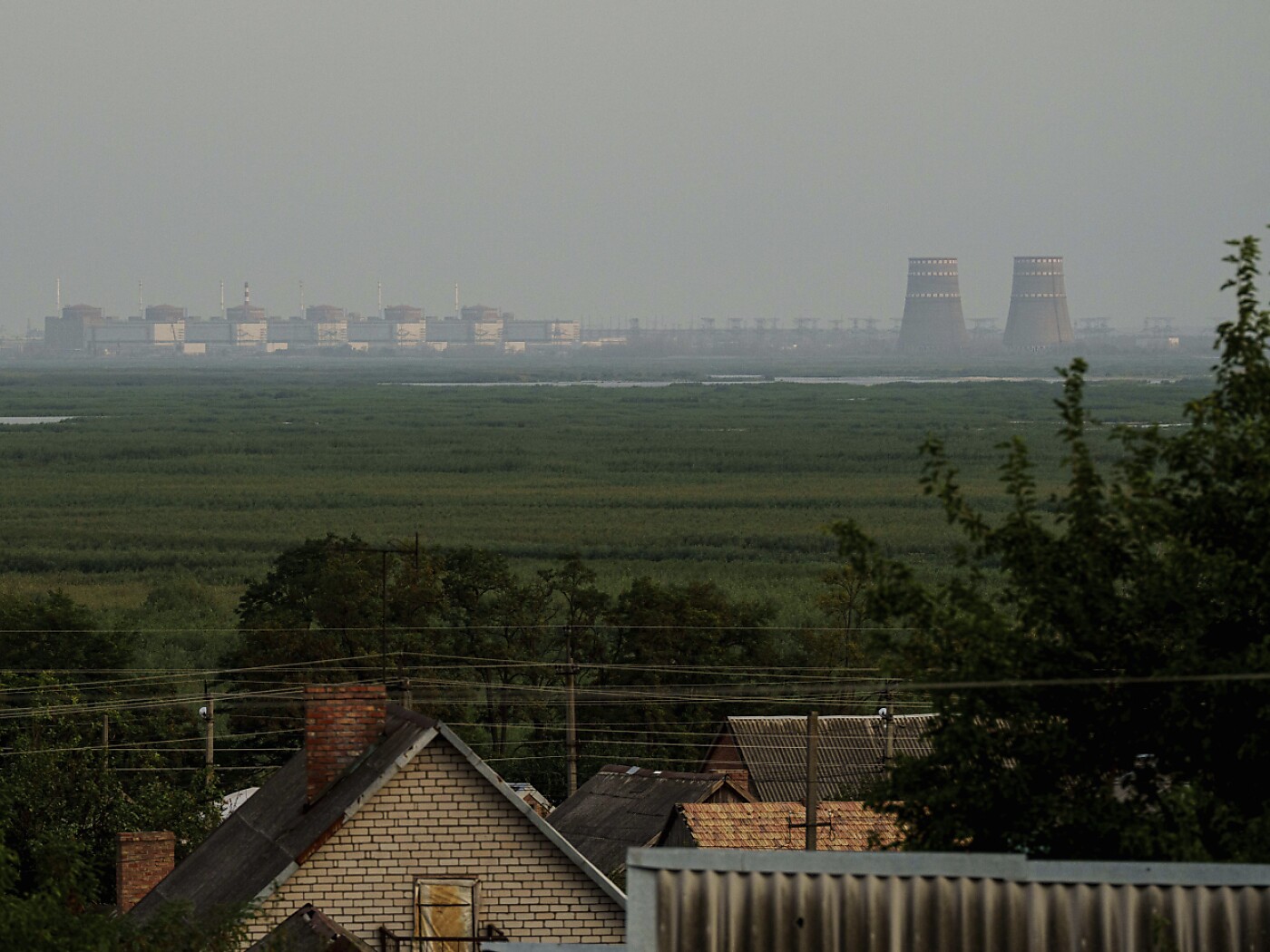
Electricity production in Ukraine reduced by 70%, according to a Swiss study

The war in Ukraine has reduced the country's electricity production by over 70%, according to a study published on Wednesday by the Swiss Federal Institute of Technology in Zurich (ETHZ). For reconstruction, the authors recommend relying on wind and solar power.
“We find that virtually all major power plants have been under attack since February 2022,” writes the team led by Ukrainian first author Iryna Doronina in the journal “Joule“.
+ Get the most important news from Switzerland in your inbox
In particular, the researchers studied the case of Europe’s largest nuclear power plant at Zaporijjia, in southern Ukraine. The plant was shut down in September 2022 due to Russian attacks.
They also looked at the example of the Kakhovka dam reservoir, which is one-and-a-half times the size of the canton of Zurich. The reservoir emptied after the dam was blown up, causing flooding and the evacuation of thousands of people.
A more resilient system
Before the war, Ukraine was one of Europe’s largest energy producers. The country’s more than 1,500 power plants could supply a total of 59 gigawatts of electricity, while Ukraine only needed 22 gigawatts. As a result of the conflict, some 42 gigawatts were lost, with a remaining production of 17 gigawatts, according to the researchers.
“Our study presents the first comprehensive, geospatial mapping of the Ukrainian power system as it looked in February 2022 and the destruction that followed with the war,” the experts note.
To rebuild its energy system, Ukraine must rely on wind and solar power, the researchers continue. They estimate the potential of these two sources at 219 gigawatts, several times Ukraine’s pre-war production capacity.
What’s more, a system based on wind and solar power can be built up more quickly. Its decentralised nature also makes it more resistant to new attacks, stress the authors.
Adapted from French by DeepL/ac
This news story has been written and carefully fact-checked by an external editorial team. At SWI swissinfo.ch we select the most relevant news for an international audience and use automatic translation tools such as DeepL to translate it into English. Providing you with automatically translated news gives us the time to write more in-depth articles.
If you want to know more about how we work, have a look here, if you want to learn more about how we use technology, click here, and if you have feedback on this news story please write to english@swissinfo.ch.

In compliance with the JTI standards
More: SWI swissinfo.ch certified by the Journalism Trust Initiative






























You can find an overview of ongoing debates with our journalists here . Please join us!
If you want to start a conversation about a topic raised in this article or want to report factual errors, email us at english@swissinfo.ch.